- Traverse City, MI |
-
West: W Front St:
(231) 944-6541
-
| Central: Munson Ave :
(231) 421-9300
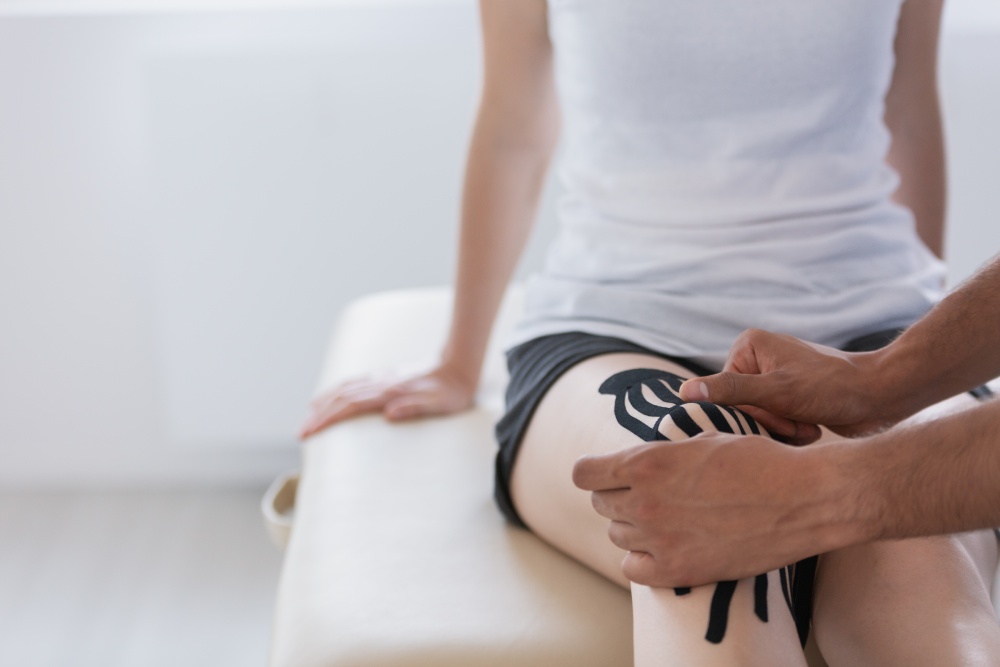
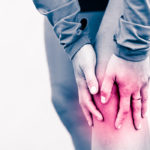
The body has around 900 ligaments.
These are made of fibrous collagen tissue that links bones together at the joint. They serve to passively stabilize these joints while preventing the bones from grinding into each other. Sprains happen when the ligament is torn or stretched.
Ligament sprains usually occur when there is movement in the joint that is beyond its normal range of motion. When this happens, the collagen fibers within the ligament are pulled too far apart that it causes a tear. Sprains commonly occur in the knee, ankle, or shoulder.
The following are gradings of ligament injuries according to doctors:
Grade 1 or mild – Although the ligament is stretched, it is still intact. There may also be minimal bleeding and mild pain. Swelling may also occur with virtually no instability. In some cases, individuals experience a popping sensation as well.
Grade 2 or moderate – Unlike grade 1, this involves partial rupture of the ligament. There may be moderate bleeding accompanied by more considerable pain and swelling. There may also be instability.
Grade 3 or severe – This occurs when there is a complete tear in the ligament. It results in severe pain, extensive bleeding, and considerable swelling. The individual may find it extremely difficult to bear weight using the affected limb. A feeling of dislocation may also be experienced.
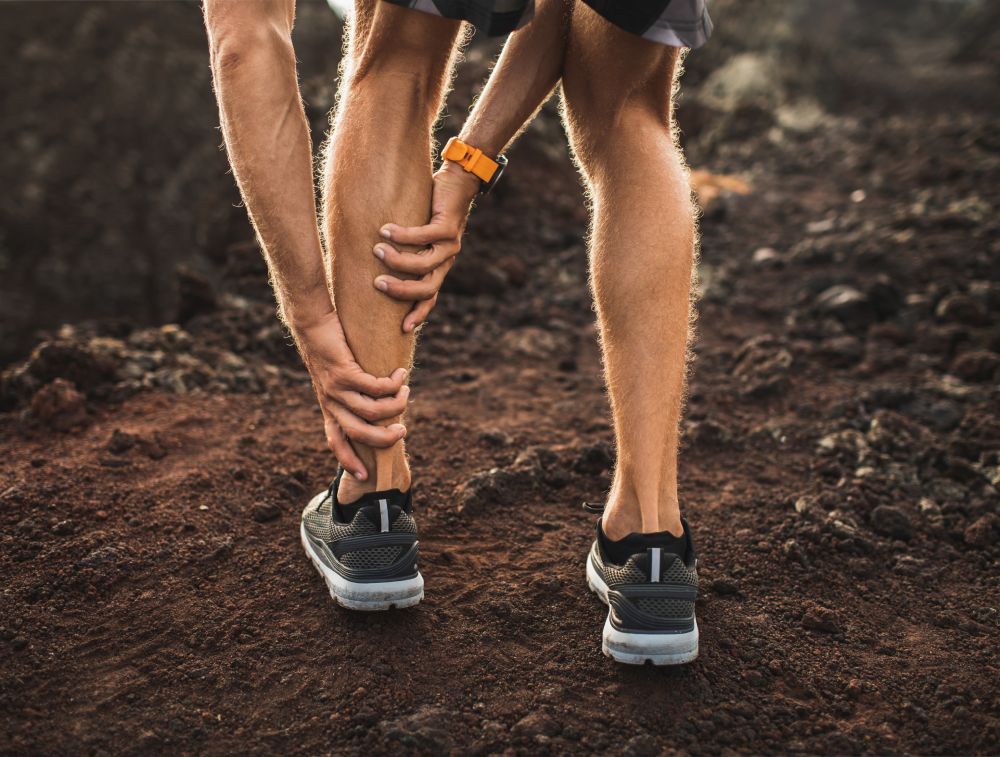
It is worth noting that varying levels of pain may be experienced. The degree of pain does not necessarily indicate the severity of the injury. In some cases, those with complete tears may only report mild pain.
Immediate discoloration and swelling may also occur when the ligament sprain is severe.

The following are common circumstances that cause ligament sprains:
Ankle jump – This occurs when an individual lands awkwardly on an uneven surface while walking, running, or jumping.
Knee – Pivoting during a fast-paced activity such as sports can cause ligament sprains in the knee.
Wrist – Sprains can occur at the wrist when an individual uses it to land on during a fall.
Thumb tennis – Racquet sports such as tennis or ping pong may cause overextension in the thumb.
Although anyone can get ligament sprains, the following factors can increase the risk:
An individual has a history of sprains.
An individual is overweight.
An individual has poor overall physical condition.
Fatigue can reduce the support muscles provide.
Environmental conditions such as slippery or uneven surfaces can cause awkward falls.
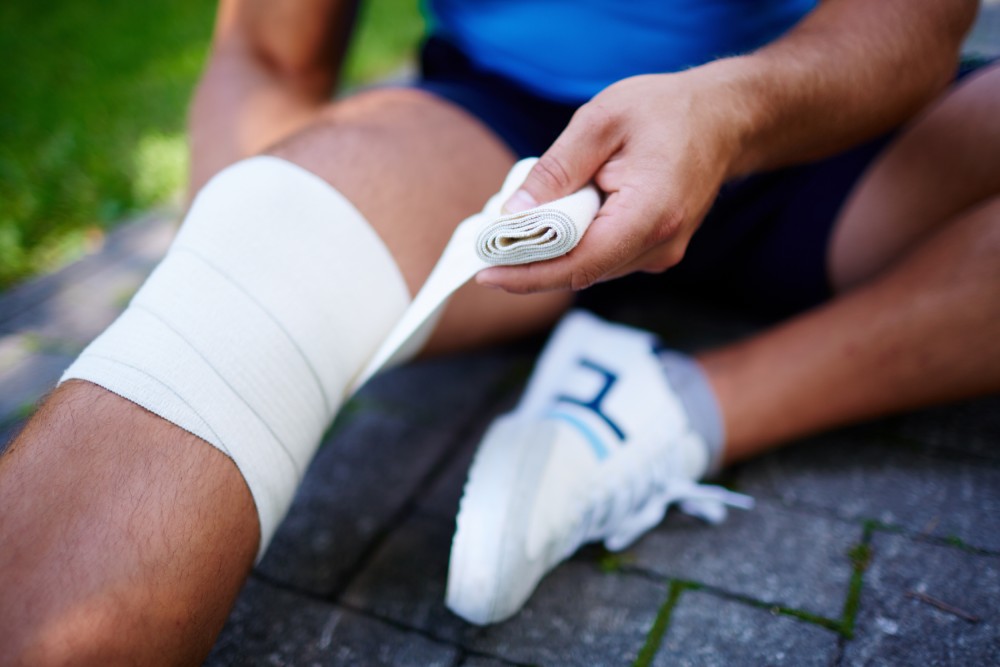
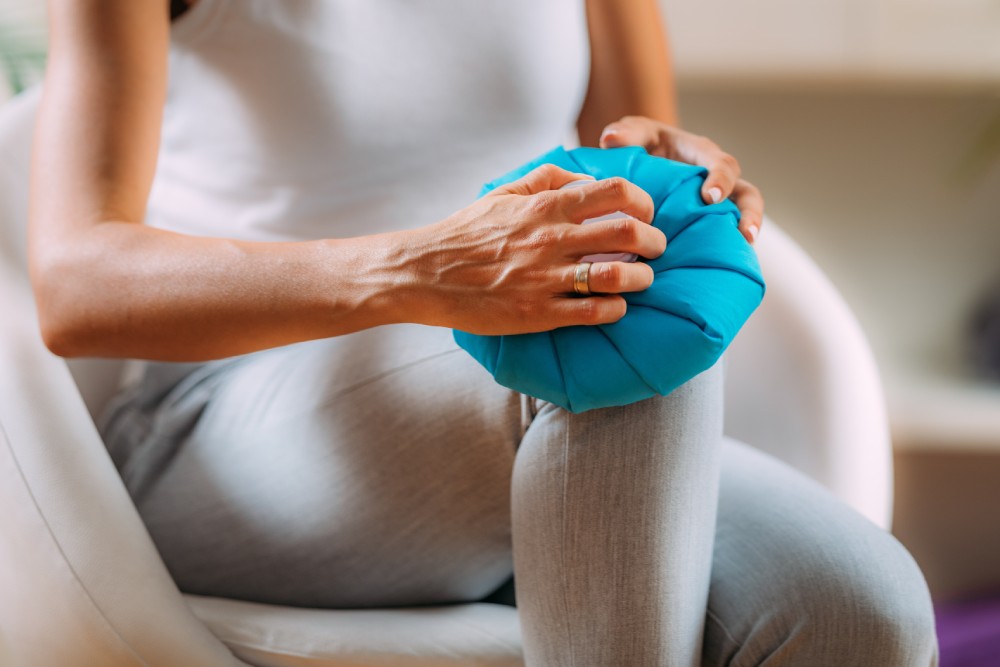
Rest – Doctors recommend that the affected area is rested for up to 48 hours. They also advise against placing weight on the limb during that time.
Ice – Ice placed in a plastic bag or in damp cloth is applied in 10-min intervals to slow down the inflammation and ease pain.
Compression – An elastic bandage or compression sleeve can help slow down swelling and help relieve pain in the affected area.
Elevation – The affected area is raised higher than the level of the heart which effectively prevents fluid from collecting in the area, reducing swelling.
Medication may also be prescribed by doctors to relieve pain. This includes paracetamol, nonsteroidal anti-inflammatory drugs, and anti-inflammatory topical painkillers.
In extreme cases, doctors may also recommend ligament reconstruction surgery.
Learn more about how to treat and heal Ligament Sprain by Clicking Here.
We've got more info on this and many other topics on our BLOG. Find out how to heal your pain by Clicking Here.
Traditional methods may be effective in keeping pain at bay in the short-term, but without properly addressing the underlying cause of the sprain, symptoms may recur.
At Superior Physical Therapy, we recognize that sprains may be caused by issues not directly at the site of the pain. Because of this, we evaluate the relationships between the moving parts of the body and how weakness in one area can cause problems in another.
Dr. Andrew Gorecki named this the Superior Method. He has worked with countless patients in the last 15 years, helping them get lasting relief by correctly identifying and addressing the source of the pain.
We offer the following treatment options:
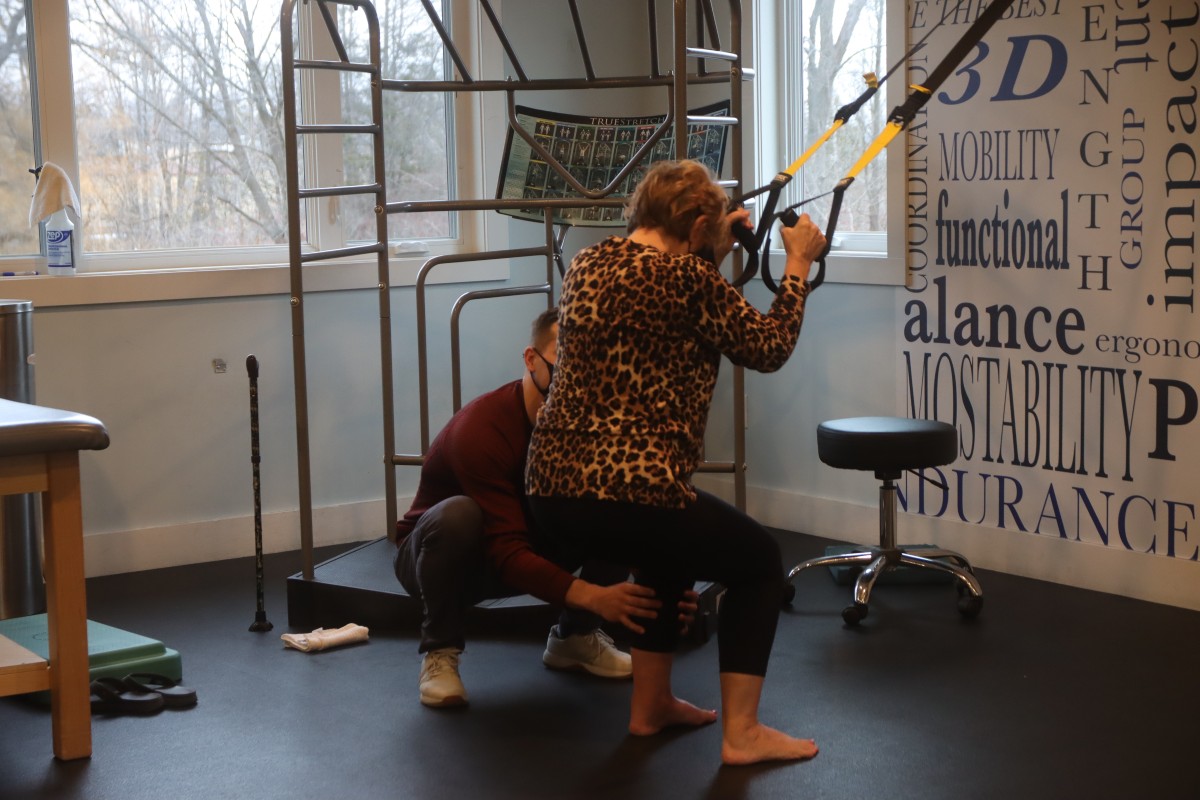
Using mechanical vibrations, tissue regeneration and lymphatic flow are improved. The vibrations penetrate deep into the muscle tissue, which also improves the lactic cycle that typically causes pain.
The most important element of healing is identifying the cause. The cause is a movement disorder somewhere else in the body that is creating more stress in the injured area than the tissue can handle. A full body movement assessment is the most important aspect in finding the true cause. This involves assessing how mobile and stable the areas above and below the injured tissues are. Once the dysfunctional areas are identified the physical therapist can then prescribe home treatments to fix the problem areas.
In order to improve motion in the dysfunctional areas that are causing the increased stress on the painful injured tissues the most effect way to make a change in the body is to have a physical therapist use their hands to facilitate the proper motion while you are moving at the same time. This helps improve the path the body takes in order to reduce stress and tenson on the injured area.
Find out which of the treatments above are effective for you with a quick and easy discovery call with Dr. Gorecki. In just 15 minutes, we can begin to unravel the cause of your pain and how to get you long-term relief.
Dial 231.944.6541 or send an email to info@thesuperiortherapy.com and book a free consultation to begin your journey towards lasting relief from your ligament sprain.
